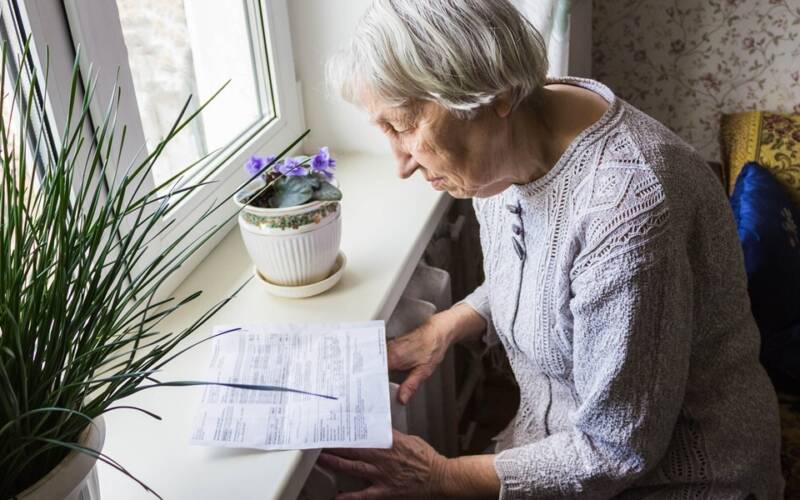The Commissioner for Older People, Siobhan Casey, has responded to the findings outlined in the recently published Module 2 report from the Covid 19 Inquiry, expressing her support for the Chair’s recommendations.
The report follows evidence provided last year by Eddie Lynch, the former Commissioner, who was in post throughout the pandemic and gave evidence to the Inquiry in May 2024.
His testimony reflected longstanding concerns raised by this office throughout the pandemic with some of the key points he stated in his evidence being:
- During the early stages of the pandemic care home-owners were not afforded a meaningful opportunity to assist the government by providing information and feedback that could be factored into the development of policy and guidance.
- Trust and confidence between stakeholders and government had been broken due to the Government’s failure to properly involve stakeholders in the development of guidance and to properly provide adequate explanation and open and consistent communications with the public.
- Government’s response in Northern Ireland in certain instances gave the appearance of reflecting ageist prejudices. In order to ‘protect the NHS’ discussions on how to manage such a high rate of very sick Covid-19 patients and how best to allocate ICU beds and ventilators gave rise to an ageist narrative in the public domain. Although an ethical group was established, the fact that the public were unaware of its existence, allowed a real fear to develop amongst older people and their families that age could be used as a criterion for making those decisions.
The key findings of the Chair of the Covid Inquiry Baroness Heather Hallett were:
- All four governments failed to appreciate the scale of the threat or the urgency of response it demanded in the early part of 2020.
- By the time the possibility of a mandatory lockdown was first considered, it was already too late and a lockdown had become unavoidable. The lockdowns in 2020 and 2021 undoubtedly saved lives, but only became inevitable because of the acts and omissions of the four governments.
- The UK government introduced advisory restrictions on 16 March 2020, including self-isolation, household quarantine and social distancing. Had restrictions been introduced sooner, the mandatory lockdown from 23 March might have been shorter or not necessary at all.
- This lack of urgency and the huge rise in infections made a mandatory lockdown inevitable. It should have been introduced one week earlier.
- Had a mandatory lockdown been imposed on or immediately after 16 March 2020, modelling shows that in England alone there would have been approximately 23,000 fewer deaths in the first wave up until 1 July 2020.
- When entering the first lockdown, none of the four governments had a strategy for when or how they would exit the lockdown. None of the four governments gave enough attention to the possibility of a second wave, meaning there was very little contingency planning in place.
- None of governments in the UK had adequately prepared for the challenges and risks of a national lockdown. They did not scrutinise sufficiently seriously its wider societal, workforce and economic impacts, in particular, the impact on the vulnerable and disadvantaged and impact of school closures on children’s education and their physical and mental health.
- The Inquiry rejects the criticism that the four governments were wrong to impose a mandatory lockdown on 23 March 2020. All four governments received clear and compelling advice to do so. Without it, the growth in transmission would have led to an unacceptable loss of life. However, their failure to act promptly and effectively had put them in this position.
- They all must now learn the lessons of the Covid-19 pandemic if they are to avoid lockdowns in future pandemics.
The Commissioner for Older People, Siobhan Casey said:
“The issues raised by this office and the former Commissioner have been validated by the Chair’s stark findings which show the extent to which older people were failed by the systems and leadership they relied on for protection and support and a high price was paid for that failure by older people and the professionals and families who cared for them.
“I welcome the Chair’s recommendations, which set out practical actions to ensure more effective and transparent decision-making during future emergencies.
“It is vital that governments are clear about the basis on which decisions are made, and that older people’s needs, rights, and voices are embedded at the heart of future planning and response.
“My office will continue to scrutinise the responses from both the Northern Ireland departments and the UK Government to ensure that the learning from this report translates into meaningful and lasting change."




